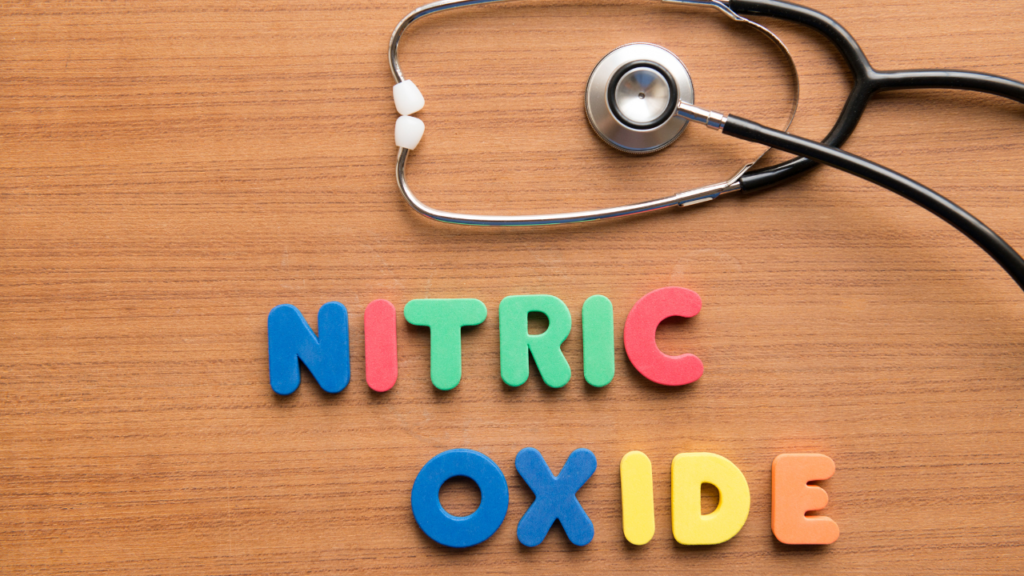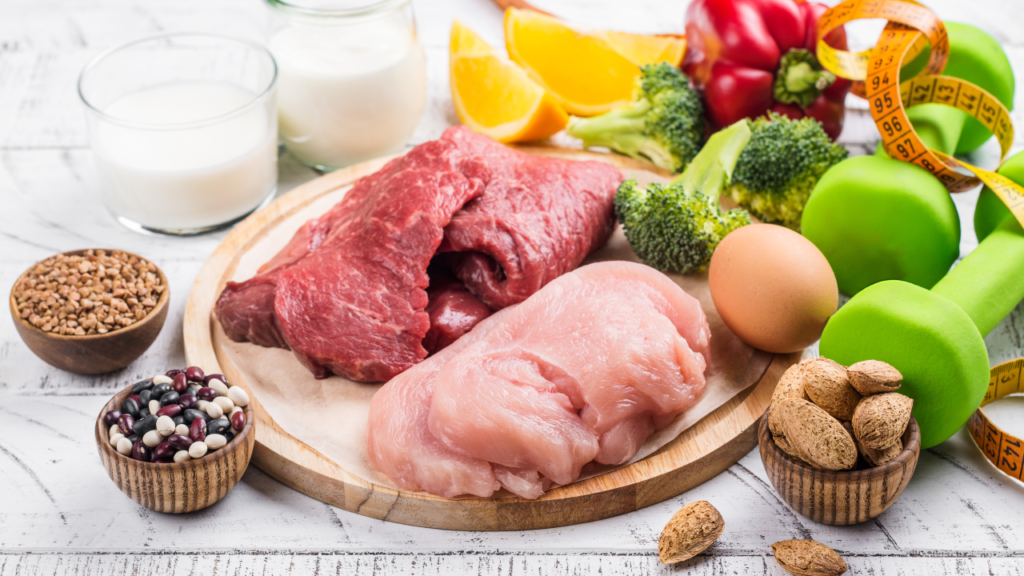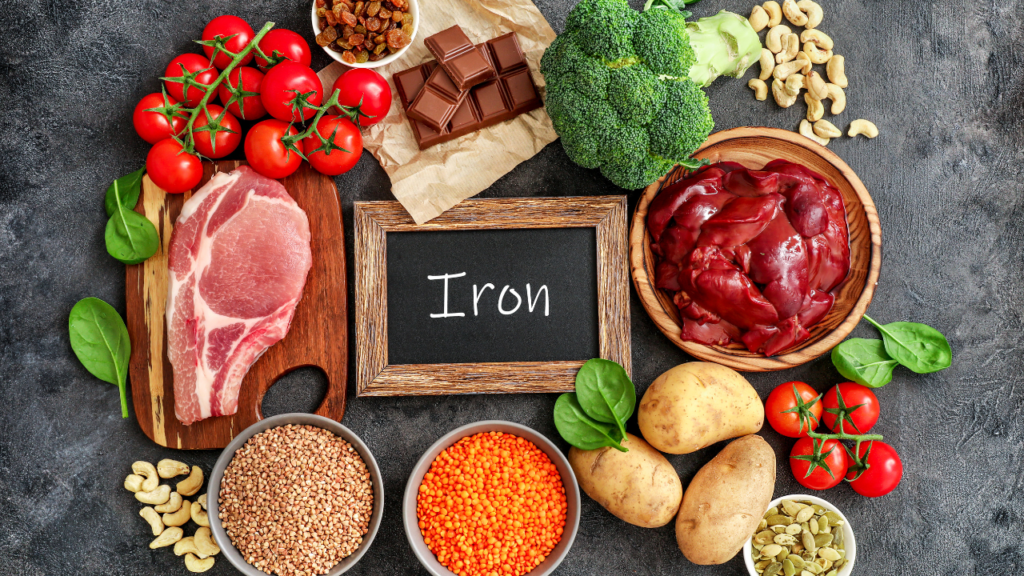A lot of people with diabetes are afraid to eat vegetables. I can see why. Fruit has sugar, and sugar changes the amount of glucose in the blood. Some people think it’s safer to avoid all veggies. But this doesn’t always have to be done. It’s important to pick the right foods and know how they affect your body.
Understanding Fruit And Blood Sugar
Fruits naturally contain sugars, while processed foods add sugars. This kind of sugar is natural and contains water, fiber, vitamins, and antioxidants. This mix slows the rate at which sugar enters the bloodstream. Many people find that fiber helps keep their blood sugar from rising too high.
The glycemic index (GI) tells you how quickly food increases your blood sugar. Fruits with a low GI raise blood sugar more slowly than fruits with a high GI. People with diabetes are often told to eat things that have a low to medium GI.
Also important is the glucose load (GL). This tells you how much food will raise your blood sugar. If you only eat a little fruit, it may have a high GI but a low GL. That’s why the food type and the serving size are both important.
Can People With Diabetes Eat Fruit?
People with diabetes can eat fruit. The American Diabetes Association (ADA) says eating fruit is a good way to keep your diet healthy. Fruits are a good source of essential nutrients like fiber, vitamin C, and potassium. They are good for your heart, gut, and immune system. The World Health Organization also says eating fruit is good for your health.
Portion size is very important. There are about 15 grams of carbs in a small apple. This will work with a lot of meal plans. Also, time is important. Eating fruit with protein or at a meal can help your body absorb sugar more slowly. Whole fruits are always better than fruit drinks or dried fruit. A lot of juices are high in sugar and low in fiber. Eating too much dried fruit is easy because it has a lot of sugar.
The Best Low-Sugar Fruits For Diabetes
Some fruits are better for people with diabetes because they have less sugar. Some of these are:
- Berries (raspberries, blueberries, and strawberries): Rich in fiber and antioxidants and low in sugar.
- Kiwi: It has a modest amount of sugar and vitamin C.
- Avocado: While technically a fruit, it is high in healthy fats and low in sugar.
- Cherries: Low in GI and high in vitamins.
- Grapefruit: Rich in vitamin C and low in sugar, but should be avoided if taking certain drugs.
- Peaches: A medium-sized peach has about 13 grams of sugar and a lot of vitamin A.
- Apples: They have minimal sugar and fiber, especially if the peel is eaten.
- Plums: These fruits have a modest amount of sugar and nutrition.
Eating these foods in moderation, preferably with protein, like nuts or cheese, can help keep your blood sugar from rising too high.
Fruits To Limit Or Eat With Caution
For people with diabetes, not all fruits are safe. Some of them have a lot of sugar or a high GI. Some of these are:
- Pineapple: Very sweet and high GI.
- Watermelon: Low in calories but quite high in GI.
- Mangoes: Delightful and sweet but heavy in sugar.
- Grapes: Easy to overeat, resulting in rapid sugar rises.
- Bananas: Ripe bananas may immediately boost blood sugar levels.
You can still enjoy these sometimes. Eating small amounts and pairing them with protein or vegetables is important.
How To Choose And Eat Fruit Smartly
When you go shopping, pick fresh fruits whenever you can. You can also eat frozen veggies as long as they don’t have any extra sugar added. Do not eat canned fruits that are covered in sugar. Choose whole fruits over drinks if you want to keep the fiber and lower your sugar intake.
As part of a healthy meal, eat food. A great choice is a bowl of berries with plain Greek yogurt. Another good choice is apples with almond butter. These mixes help your body digest food more slowly, making you feel full longer.
Eat fruit first thing in the morning. This gives your body time to use the sugars as it normally would. Monitor your blood sugar to see how various veggies affect your body.
Conclusion
People who have diabetes can still eat fruit. It can help you eat well if you pick the right ones. Berries, kiwis, and avocados are all low-sugar foods that are safe and good for you. Watch your portions, eat fruit with energy, and avoid fruit drinks and dried fruits. Check your sugars often and always pay attention to your body. Even if you have diabetes, you can eat fruit every day if you make smart choices.
FAQs
Can Diabetics Eat Bananas?
Yes, but only in small amounts. Pick bananas that aren’t as ready for less sugar.
Are Smoothies Safe For People With Diabetes?
Only if it’s made with real fruits and no extra sugar, put in some good fats or protein.
Is It Better To Eat Fruit In The Morning Or Evening?
More often than not, the body can handle sugar better in the morning.
Should Fruit Always Be Eaten With Other Foods?
Having something with protein or fat does help keep blood sugar levels steady.
How Many Servings Of Fruit Are Safe Per Day?
Based on their plan, most people with diabetes can have one to three cups a day.





